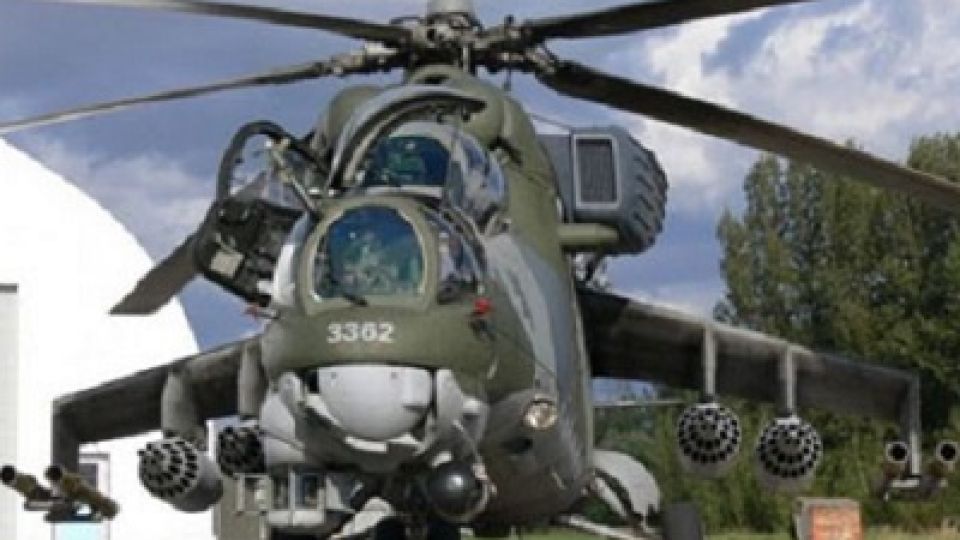from EMEKA OKONKWO in Abuja, Nigeria
Nigeria Bureau
ABUJA, (CAJ News) – THE mass killing of civilians in airstrikes by the military, hate speech along identity lines as well divisions based on stigmatisation on religious and ethnic outlines are all indicators of increasing risks of atrocity crimes in Nigeria.
This has triggered international concern as the world’s largest Black nation by population (estimated at over 219 million) prepares for elections set to start on February 25 with the presidential poll.
The most worrisome trend is the massive killing of citizens by the uniformed forces during operations against militant-held positions and civilian populated areas.
In late January, a bomb blast by the military killed an estimated 40 civilians at the border between the Nasarawa and Benue states in the north central region.
The area hit by the airstrike has long been engulfed in violence pitting Fulani livestock herders against Christian Tiv farmers.
The aftermath has taken an ethnic dimension as those killed are alleged to be herders from the Fulani.
The Fulani are primarily Muslim in a country that is populated roughly in half between Muslims, mostly in the north, and Christians, who live mostly in the south.
In January 2017, at least 115 people were killed by a Nigerian Air Force jet mistakenly bombed an internally displaced people’s camp near the Cameroonian border in Rann, northeastern Borno State.
They had believed it was an encampment of the Boko Haram, the Islamist group.
The fact that the United Nations Special Adviser on the Prevention of Genocide has spoken out against these incidents underlines how the bloodshed could spiral into a full blown crisis.
“I am particularly concerned about the situation in the North-West and North Central regions of Nigeria, where the air attacks resulting in casualties from the Fulani community took place,” Alice Wairimu Nderitu, the adviser, said.
“These dynamics of targeting communities along identity lines, if unaddressed, risk further fueling inter-communal tensions, recruitment by armed groups and retaliatory attacks, with obvious impact on civilians,” the Kenyan envoy warned.
The loss of civilian lives is an indicator that counter-terrorism operations are not conducted in full respect of international human rights and humanitarian law.
Such tragic blunders by the military have largely gone without probe.
Ethnic and religious tensions as well as hate speech have troubled Nigeria for decades but elections are aggravating them.
“In this extremely volatile environment, it is important that the general elections scheduled to be held on 25 February 2023 do not trigger violence and even atrocity crimes,” Nderitu said.
Coming from Kenya, Nderitu is well-placed to comment on such issues.
Her home country descended into chaos of ethnic aspect when the 2007/08 presidential poll in the East African nation was disputed. Up to 1 500 people are reported to have died and 600 000 others displaced.
The International Criminal Court (ICC) charged then-president, Uhuru Kenyatta, and his deputy and now head of state, William Ruto, for orchestrating crimes against humanity in the violence.
They were later cleared.
In Nigeria, this run-up is tenser than the atmosphere leading up to the last poll in 2019, which current president, Muhammadu Buhari, won ahead of former Vice President, Atiku Abubakar.
Former Vice President, Abubakar, is again the main opposition candidate in the upcoming elections.
Buhari is ineligible because of term limits (two). His All Progressives Congress (APC) is fielding ex-governor of Lagos, Bola Tinubu, to succeed him.
The nomination of the candidates at party level was along ethnic lines. This in a country where it is an unwritten law that the presidency rotates between the north and south.
Buhari is a northerner, hence APC has chosen Tinubu, a southerner, as its candidate to succeed him.
However, for Abubakar’s Peoples Democratic Party (PDP), the primaries are a source of conflict.
The emergence of a northerner, Abubakar, has proven a dilemma as, in the event that he wins the poll, power is transferred from one northerner to another.
Fielding a southerner as a presidential candidate has presented a poser for PDP president because the last party leader to lead Nigeria was the southerner, Goodluck Jonathan, defeated by Buhari in 2015.
The smaller opposition, Labour Party, has southerner Peter Obi as its candidate. He is a former governor of Anambra, during his time at PDP.
Recently, Ayo Adebanjo, leader of Afenifere, a Yoruba socio-cultural group, was quoted as saying a Southern Christian may never rule Nigeria again if Obi loses the 2023 presidential election.
This has triggered ethno-religious fallout with the Muslim Rights Concern (MURIC).
“It is clear from Chief Adebanjo’s statement that what he has been clamouring for all along is to enthrone another Southern Christian as president. He finds it outrageous for a Southern Muslim, particularly of Yoruba stock, to lead Nigeria,” director of MURIC, Prof. Ishaq Akintola, said.
MURIC has endorsed Tinubu, a governor from 1999 at the advent of civilian rule to 2007.
It argued its preference for Tinubu was not necessarily based on his creed but his “competence, unequalled political experience and uncommon pedigree.”
“Pre-Tinubu Lagos was a centre of confusion,” Akintola said.
Besides electing their president on February 25, Nigerians will elect members of the Senate and House of Representatives.
State governorship elections are set for March 11.
More than 93,5 million citizens are registered to cast their votes in the West African nation. Over 82,3 million were registered for the last poll but only 34,75 participated.
– CAJ News

